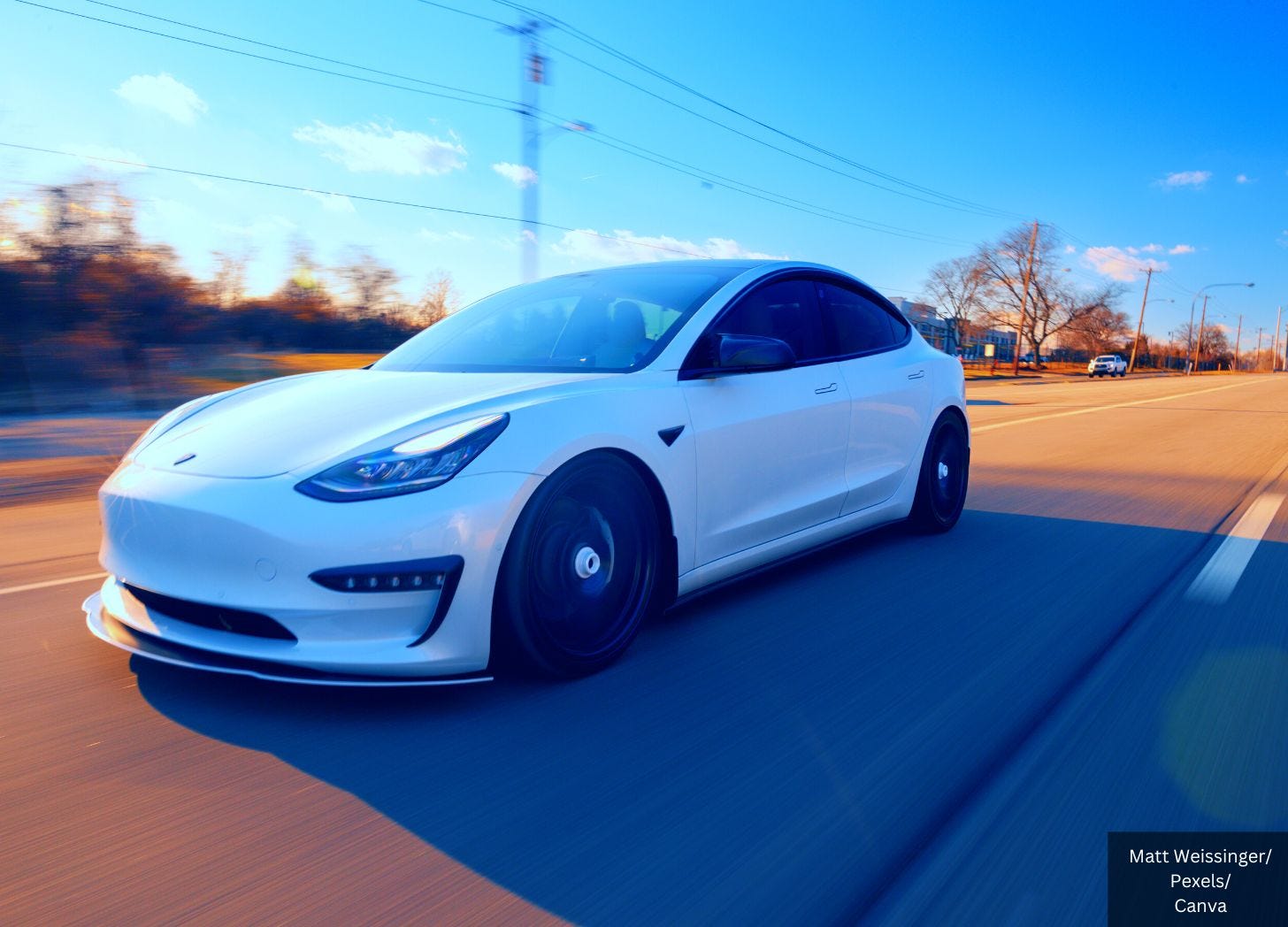Batteries from Tesla-Linked Chinese Company 'Could Be Vulnerable to Hacking' from CCP—Major Marine Base Removes Technology
Communications systems from Chinese battery maker used by Tesla might allow a potential adversary like the CCP "to trigger repeated surges and cuts in current to the electricity grid."
A major U.S. utility company, Duke Energy, has decided to decommission energy-storage batteries produced by Chinese battery maker Contemporary Amperex Technology Co. Limited (CATL) from Marine Corps base Camp Lejeune.
Follow Jon Fleetwood on Instagram @realjonfleetwood / Twitter @JonMFleetwood
Camp Lejeune, one of America’s largest Marine Corps bases, will phase out CATL products for its civilian projects.
The move comes amid pressure from Congress, whose members are warning that “hackers linked to the Chinese government are targeting network-linked critical U.S. infrastructure, including the power grid,” according to a Friday report from Reuters.
The news agency had previously reported that Duke Energy temporarily disconnected industrial-scale CATL storage batteries from a project at Lejeune “after lawmakers and experts raised concerns about the battery supplier’s close links to China’s ruling Communist Party.”
“In partnership with policymakers and the Department of the Navy, we have made the decision to decommission the CATL battery energy storage system at Camp Lejeune and replace it with a domestic or allied nation supplier,” Duke Energy announced.
The company indicated it would be voluntarily moving away from using CATL battery energy storage technologies in the future, adding that it would instead opt for components sourced from a “robust American supply chain.”
Duke cited “possible network vulnerabilities arising from the batteries, sending at least five executives, including its chief security and information officer to meet with staff of the House of Representatives’ select committee on China in the first week of January.”
Security experts told Reuters that communications systems on CATL batteries “could be vulnerable to hacking, security experts say, allowing a potential adversary to trigger repeated surges and cuts in current to the electricity grid, causing cascading failure.”
Follow Jon Fleetwood on Instagram @realjonfleetwood / Twitter @JonMFleetwood
CATL Supplies Musk’s Tesla
CATL is a major supplier to Elon Musk’s Tesla.
In August, the Chinese battery-maker unveiled its latest battery product, dubbed Shenxing or “god-like movement” and advertized with the capacity to refuel up to 400 kilometers (250 miles) of range in 10 minutes.
The technology utilizes a type of battery chemistry that Tesla widely adapted in 2021 for its shorter-range cars in place of nickel-cobalt-aluminum.
Tesla is also expanding its battery production in Nevada, opening a facility using equipment from China’s CATL.
CATL personnel will be involved in helping to set up the equipment.
Moreover, nearly 40% of the suppliers for materials used in Tesla’s electric vehicle batteries are Chinese companies, according to Nikkei Asia, a major Japan-based English-language weekly news magazine focused on the Asian continent.
“China was the largest supplier of materials for the lithium-ion batteries used in Tesla’s EVs, constituting 39% of the 61 companies in the ‘storage battery’ category, based on an analysis of the American electric vehicle maker’s supply chain,” the outlet reported in August.
In Tesla vehicles, the communication systems integrated into the batteries, particularly within the Battery Management System (BMS), play a critical role in overseeing and regulating the battery’s health, temperature, and charge-discharge cycles.
Tesla’s BMS is predominantly manufactured in China (here).
Follow Jon Fleetwood on Instagram @realjonfleetwood / Twitter @JonMFleetwood
Tesla’s Nationwide Charging Network
Tesla also boasts a wide network of charging stations across the U.S., raising questions about whether the network is compromised, given the company’s deep ties to China.
Tesla has charging stations in all 50 states.
As of 2023, Tesla dominated the expansion of new DC fast charger ports across the country, representing 58% of all additions.
There are 1,974 Tesla Supercharger stations with 21,852 Tesla Supercharger ports, according to the U.S. Department of Energy.
California has the most Tesla Supercharger stations (391) and the most Tesla Supercharger ports (6,077).
Florida has 144 Tesla Supercharger stations, Texas 137, New York 83, and Pennsylvania 71.
FBI Warns China Targeting U.S. Electrical Grid
FBI Director Christopher Wray recently warned Congress that hackers linked to the Chinese Communist Party (CCP) are “targeting critical infrastructure in the United States.”
The CCP is preparing to cause “real-world harm” to Americans, according to Wray.
The FBI director specifically identified the U.S. electrical grid as a primary target of state-sponsored hacking operations.
“China’s hackers are positioning on American infrastructure in preparation to wreak havoc and cause real-world harm to American citizens and communities, if or when China decides the time has come to strike,” Wray said. “Low blows against civilians are part of China’s plan.”
In 2020, the FBI head characterized China as “a threat to our economic security—and by extension, to our national security.”
Follow Jon Fleetwood on Instagram @realjonfleetwood / Twitter @JonMFleetwood


